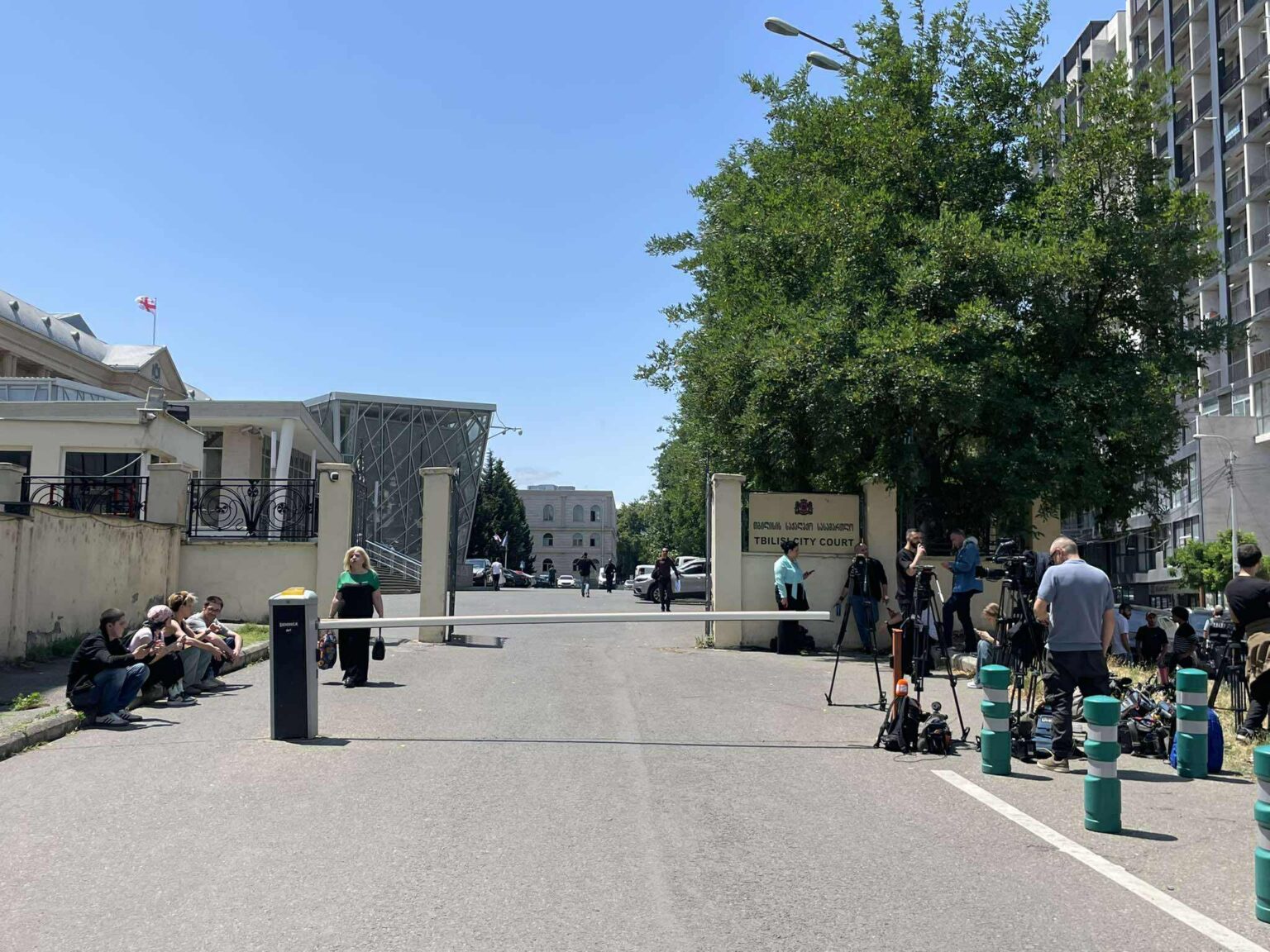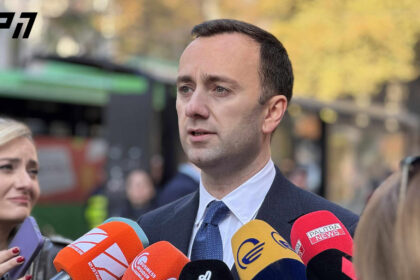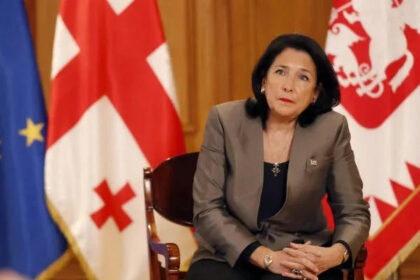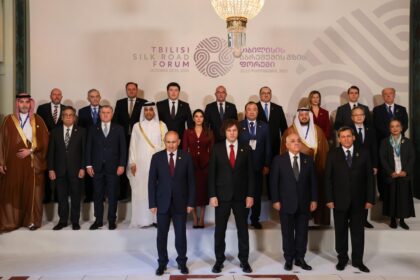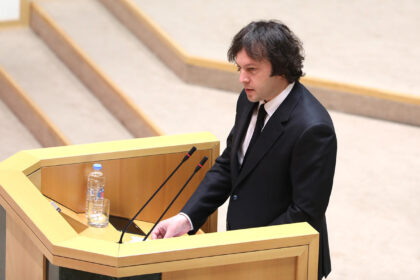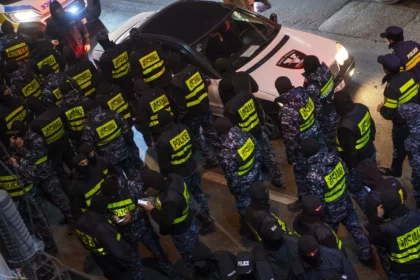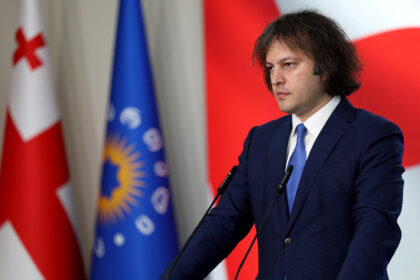**Journalists Shut Out of Tbilisi Court: New Rules Restrict Media Access**
On June 30, a new set of rules went into effect at the Tbilisi City Court in Georgia, severely limiting journalists’ ability to report on court proceedings. The changes, rushed through by the Georgian Dream parliament last week, ban cameras and recording equipment from the premises.
As a result, photographers and TV crews were turned away from the courthouse and its yard, where they had previously been able to take photos and videos of important hearings. Reporters were also prohibited from making audio recordings inside the courtroom, forcing them to rely solely on written notes to report on key developments.
The restrictions are particularly problematic given the high public interest in the trials of dozens of protesters detained on charges of group violence. Many see these individuals as political prisoners, and videos from their hearings have widely circulated on traditional and social media. The new rules will make it difficult for journalists to accurately report on these cases, as they will be unable to capture key testimony, witness interactions, and other important details.
**”A Blow to Press Freedom”**
“This is a blow to press freedom in Georgia,” said Salome Chaduneli, a reporter for the RFE/RL Georgian Service. “We are no longer able to report on court proceedings in the same way as we have been. This will make it harder for us to hold the authorities accountable and ensure that justice is served.”
Chaduneli was part of a group of journalists who had extensively covered the trials of the detained protesters, using video and audio recordings to bring important information to the public. With these new restrictions in place, they are now forced to rely solely on written reports.
**”Propaganda Failed”**
The new rules have been widely condemned by journalists and civil society groups, with some calling them a “propaganda victory” for the government. “Their propaganda failed,” said actor Andro Chichinadze, one of the 11 detainees facing charges of group violence. “They couldn’t achieve what they had in mind, so they decided to simply erase the information.”
The restrictions are also being seen as a clear attempt by the authorities to limit public access to important information and undermine press freedom.
**No Response from High Council of Justice**
When asked about the new rules, the Tbilisi City Court’s press service said that journalists would need to obtain consent from the High Council of Justice (HCoJ) before making any recordings. However, when journalists contacted the HCoJ to seek permission, they received no response.
Later, the HCoJ issued a draft ruling instructing court bailiffs to ensure the “due execution” of the new reporting and broadcasting restrictions in courts. This has only added to the confusion and uncertainty surrounding these new rules.
As the final verdicts are expected in July and August, journalists will be facing an uphill battle to report on these critical cases without being able to make use of video, audio recordings, or live broadcasts.
**”Read More” @ civil.ge**




